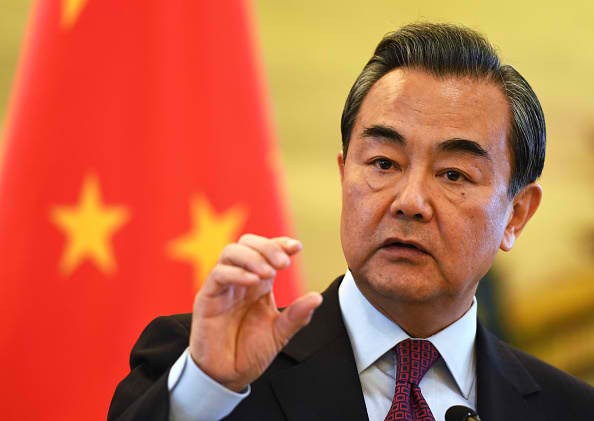Chinese Foreign Minister Wang Yi advised the United States to acquaint itself on the history of the South China Sea disputes during his visit to Australia, according to an article by The Independent.
“Brush up on the history of World War Two,” Wang reportedly said during his visit to Canberra, Australia, regarding the Chinese territories taken by Japan. In accordance with Second World War agreements, these islands must be transferred back to Chinese authority.
“This includes the Nansha Islands,” said Wang. Nansha is the Chinese name for the Spratlys Islands.
“In 1946, the then-Chinese government with help from the United States openly and in accordance with the law took back the Nansha Islands and reefs that Japan had occupied, and resumed exercising sovereignty.”
“Afterwards, certain countries around China used illegal methods to occupy some of the Nansha Islands and reefs, and it’s this that created the so-called South China Sea dispute,” said Wang.
Wang’s remarks come as a response to statements made by US Secretary of State Rex Tillerson.
In the Senate confirmation hearing, Tillerson said that China should not be granted access to the islands it has created in the South China Sea. Tillerson also asserted that the White House will help defend “international territories” in the disputed area, The Independent reports.
Tillerson’s statements in his Senate confirmation hearing is in line with US Defense Secretary Jim Mattis’ stance on the South China Sea dispute, that diplomacy should take precedence over conflict.
To resolve the South China Sea dispute, Wang reiterated that China is committed to pursuing diplomatic discourses with all the parties involved. In addition, historical facts and international laws won’t be set aside.
Instead of creating conflict, Wang advised countries from outside the region to back China in its efforts to maintain the peace and stability in the South China Sea.


